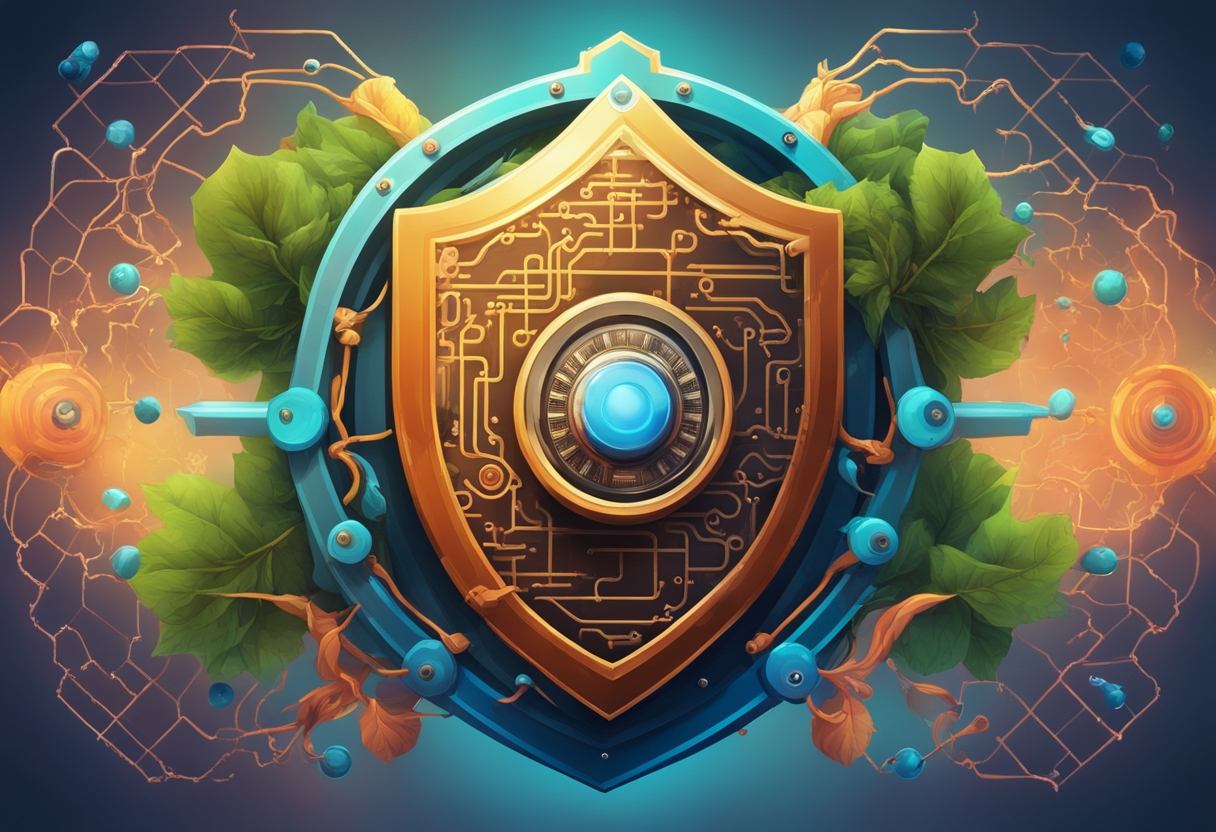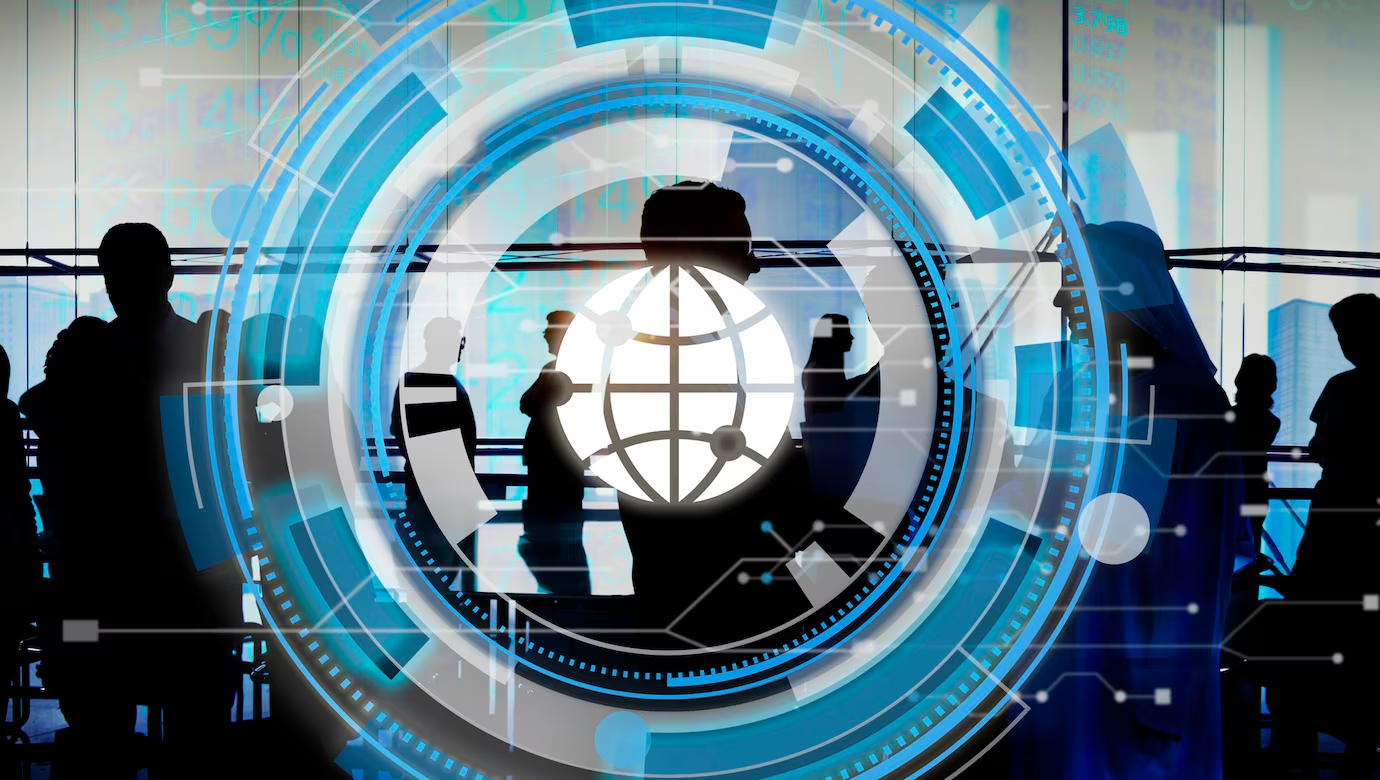
The Importance of VPNs for Online Security and Privacy
Introduction
In an era where our lives are increasingly digital, the importance of online security and privacy cannot be overstated. Cyber threats are more sophisticated than ever, making tools like Virtual Private Networks (VPNs) essential for protecting our online activities. This article explores why VPNs are crucial for online security and privacy, how they work, and what to look for when choosing a VPN service.
The Growing Cybersecurity Landscape
The digital landscape is continuously evolving, and with it, the nature of cyber threats. From data breaches and phishing attacks to government surveillance and corporate data collection, the risks to our online privacy are manifold. In this environment, VPNs have emerged as a vital tool for safeguarding our digital presence.
- Data Breaches: High-profile data breaches have become alarmingly common, exposing sensitive information of millions of users. VPNs help mitigate this risk by encrypting your data, making it much harder for hackers to access your information.
- Phishing Attacks: Cybercriminals use increasingly sophisticated methods to trick users into revealing personal information. A VPN adds a layer of security by ensuring that your connection is private and secure, reducing the likelihood of falling victim to such attacks.
- Government Surveillance: In many countries, government agencies monitor and collect data on citizens’ online activities. A VPN helps protect your privacy by masking your IP address and encrypting your internet traffic, making it much harder for anyone to track your online movements.
How VPNs Enhance Security and Privacy
VPNs provide a robust defense against various online threats by employing advanced security measures. Here’s how they work to enhance your security and privacy:
- Encryption: VPNs use encryption protocols to secure your data. This means that any information sent or received through a VPN is scrambled, making it unreadable to anyone who intercepts it. Most VPNs use AES-256 encryption, which is considered military-grade and virtually unbreakable.
- IP Masking: When you connect to the internet through a VPN, your real IP address is hidden and replaced with one from the VPN server. This helps protect your identity and makes it difficult for websites and services to track your location and online activities.
- Secure Connections: VPNs establish secure connections using various protocols, such as:
- OpenVPN: An open-source protocol known for its security and reliability.
- IKEv2/IPsec: Known for its speed and stability, especially on mobile devices.
- WireGuard: A newer protocol that promises faster speeds and simpler code, making it easier to audit and verify for security.
Choosing the Right VPN
With numerous VPN services available, selecting the right one can be daunting. Here are some key factors to consider when choosing a VPN:
- Security Features: Look for VPNs that offer robust security features, such as AES-256 encryption, a kill switch, and DNS leak protection. Advanced features like multi-hop (routing your connection through multiple servers) can provide additional security.
- No-Logs Policy: Ensure the VPN provider has a strict no-logs policy, meaning they do not store any data about your online activities. This is crucial for maintaining your privacy.
- Jurisdiction: Consider the jurisdiction where the VPN provider is based. Opt for VPNs based in countries with strong privacy laws and outside the reach of international surveillance alliances like the Five Eyes.
- Performance: A good VPN should offer fast and reliable connections. Check user reviews and performance tests to ensure the VPN you choose can handle high-bandwidth activities like streaming and gaming without significant slowdowns.
- Ease of Use: The VPN should have user-friendly apps for all your devices. Look for providers that offer seamless and intuitive interfaces, making it easy to connect and switch servers.
- Customer Support: Reliable customer support is essential, especially if you encounter issues. Choose VPNs that offer 24/7 support through live chat or email.
Conclusion
The importance of online security and privacy continues to grow. VPNs provide a crucial layer of protection against cyber threats, data breaches, and surveillance. By understanding how VPNs work and what to look for in a service, you can enhance your online security and ensure your digital activities remain private. Choose a reliable VPN service to safeguard your data and enjoy a secure online experience.


